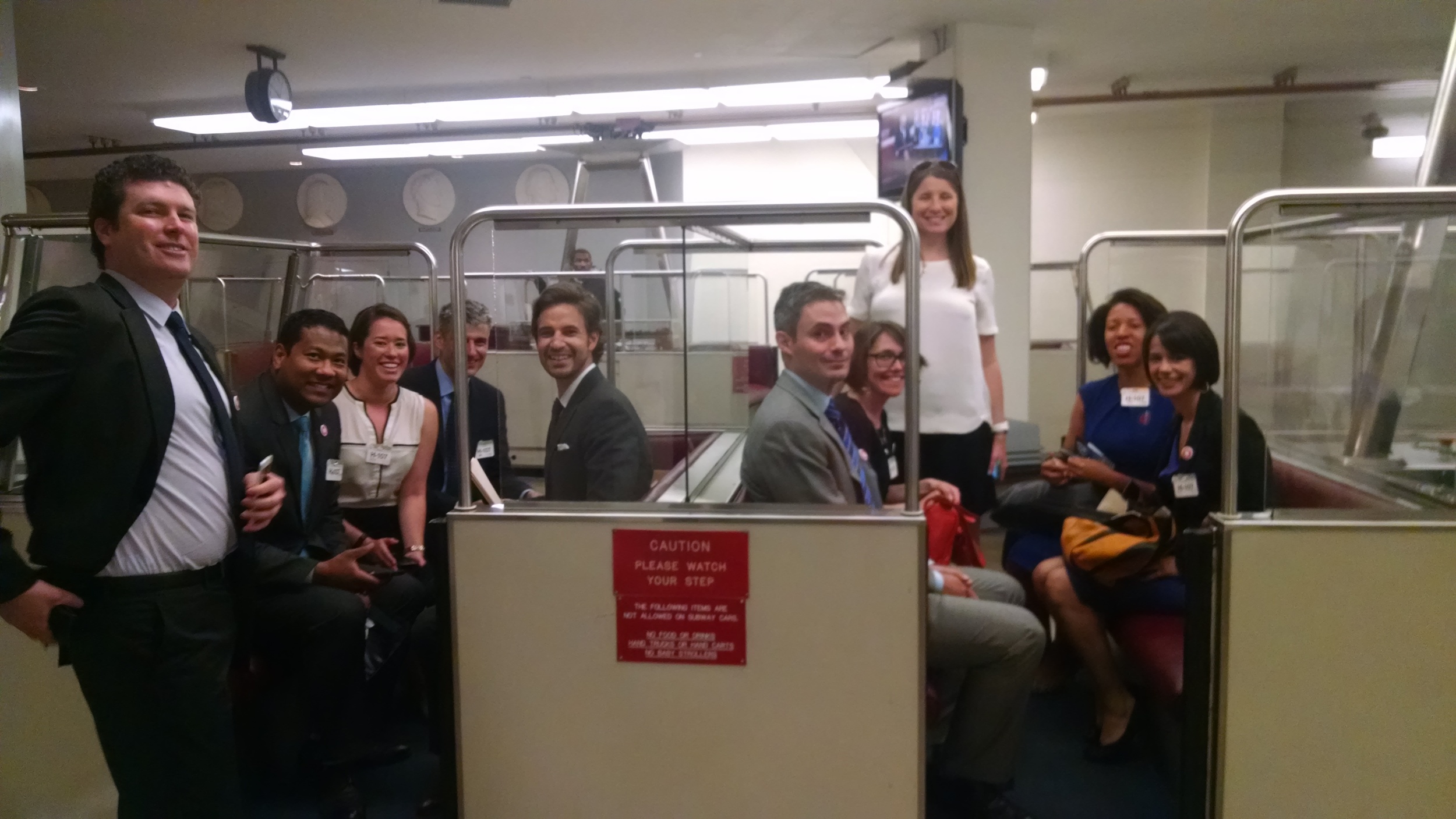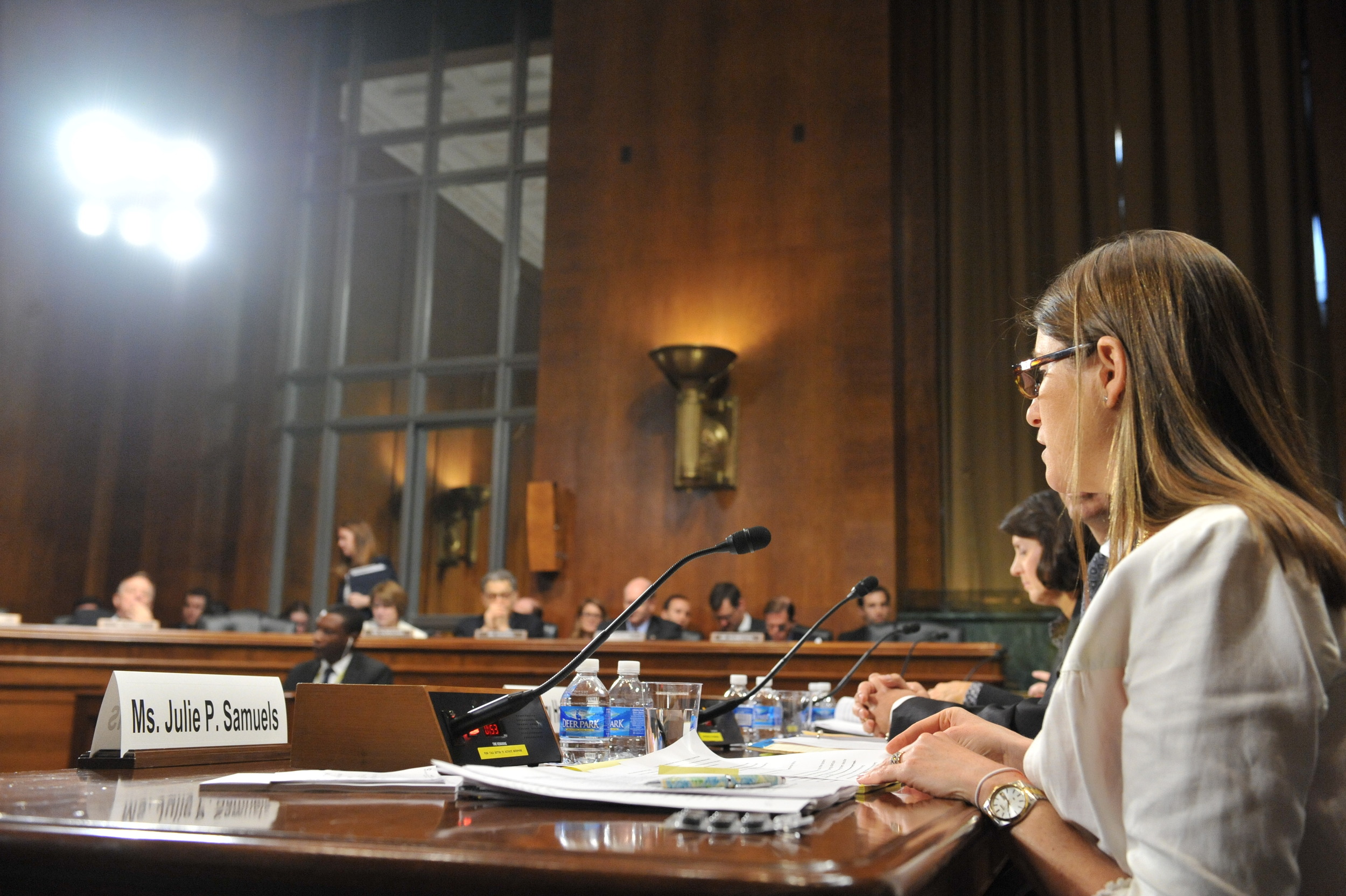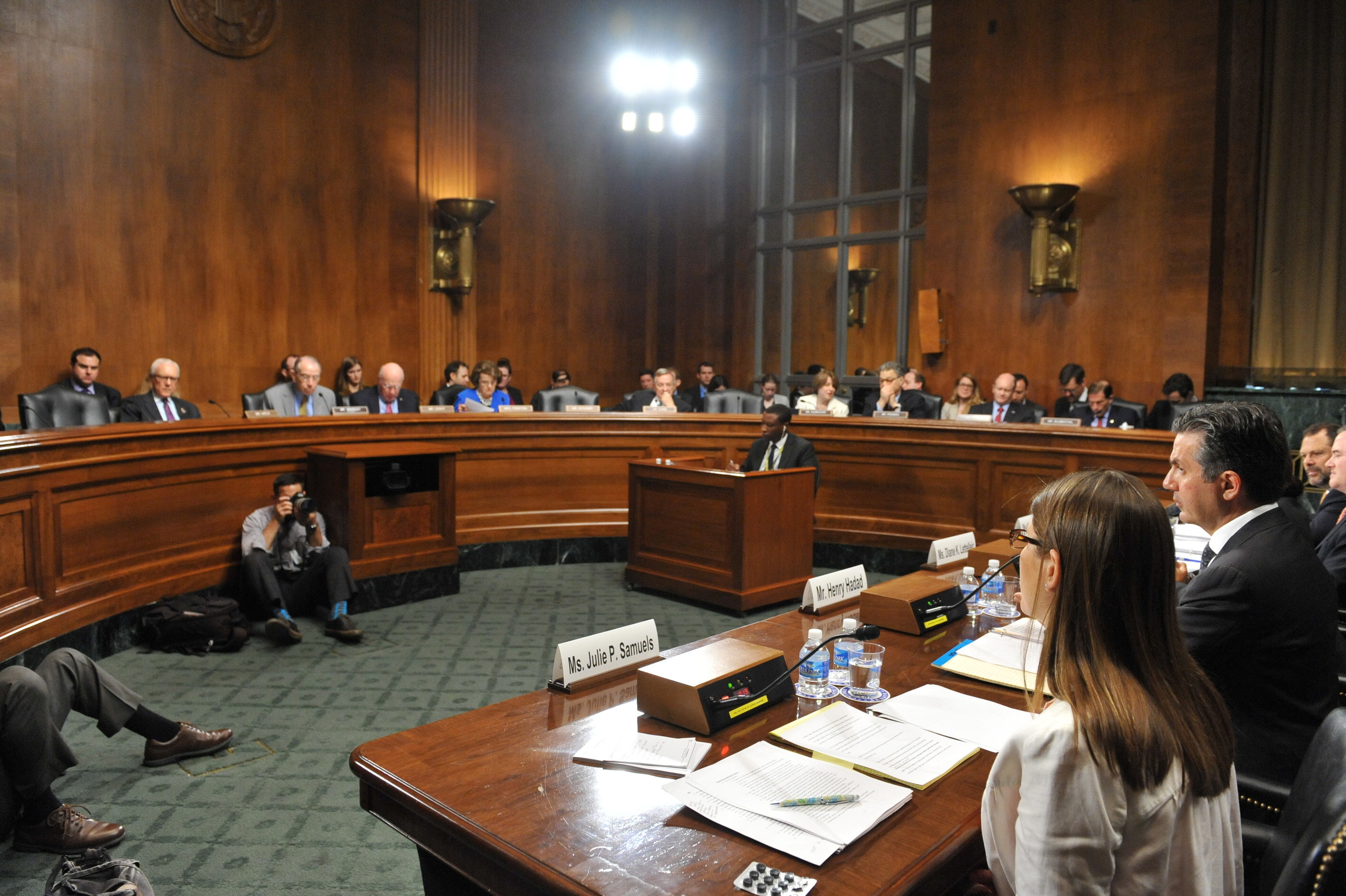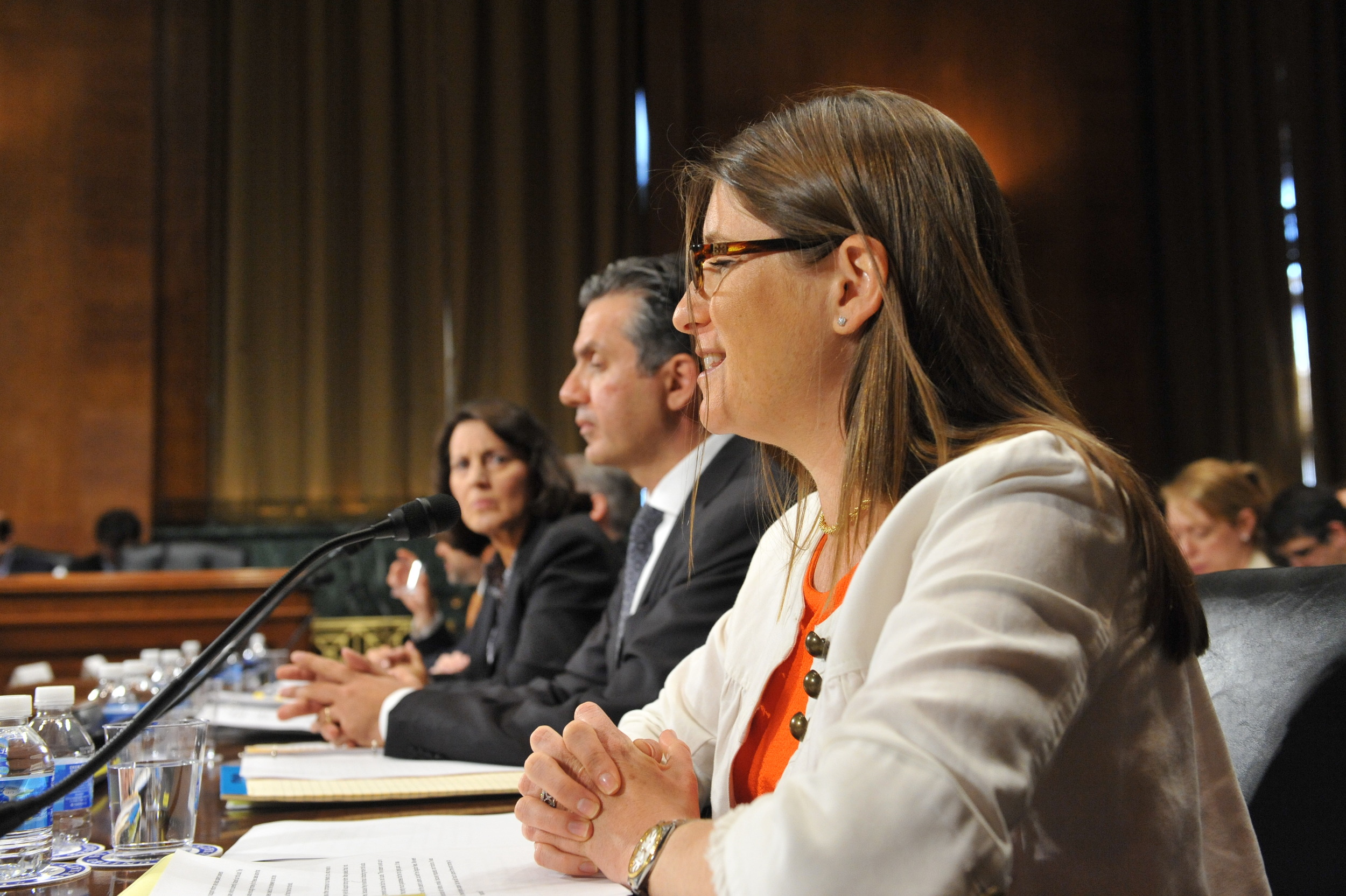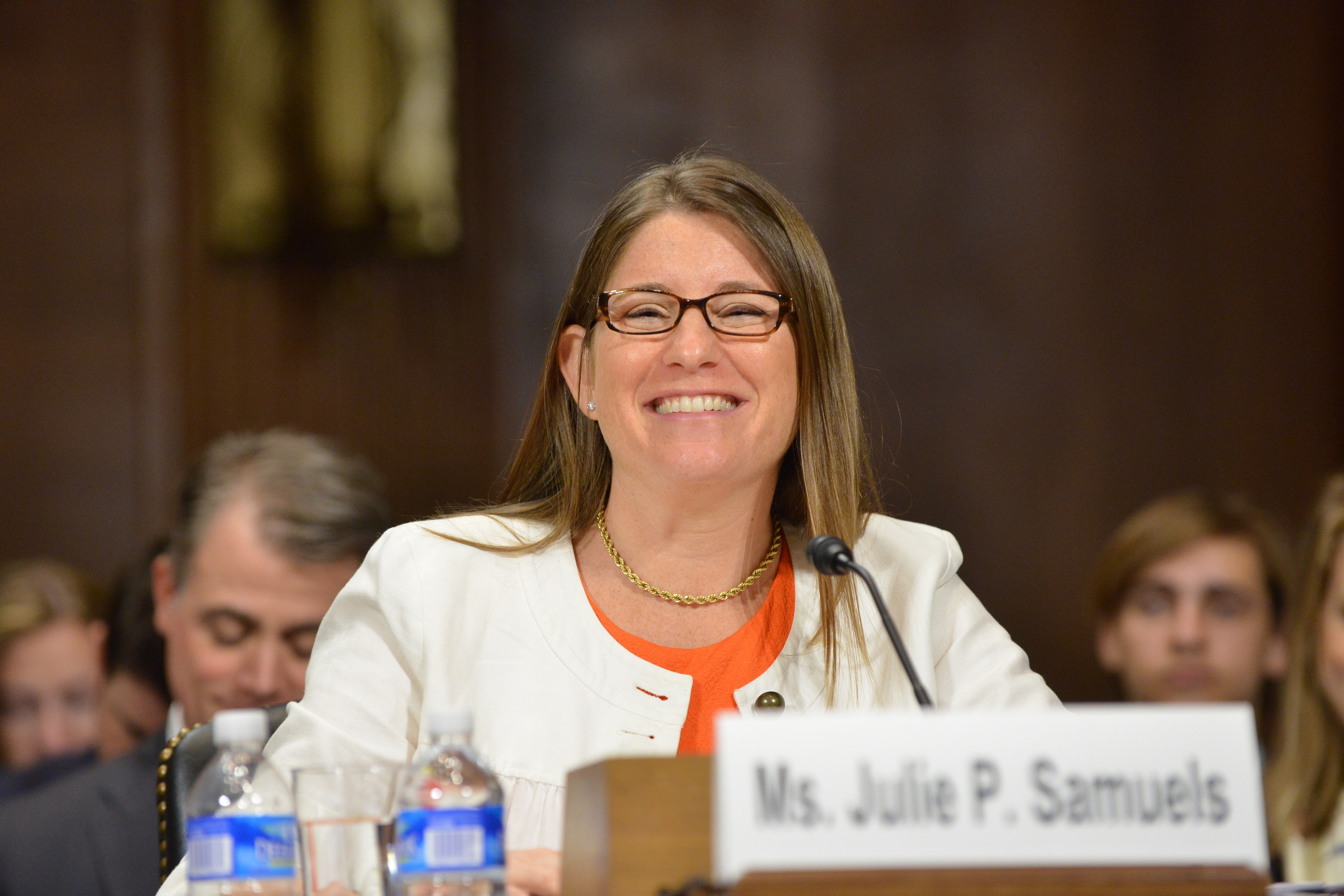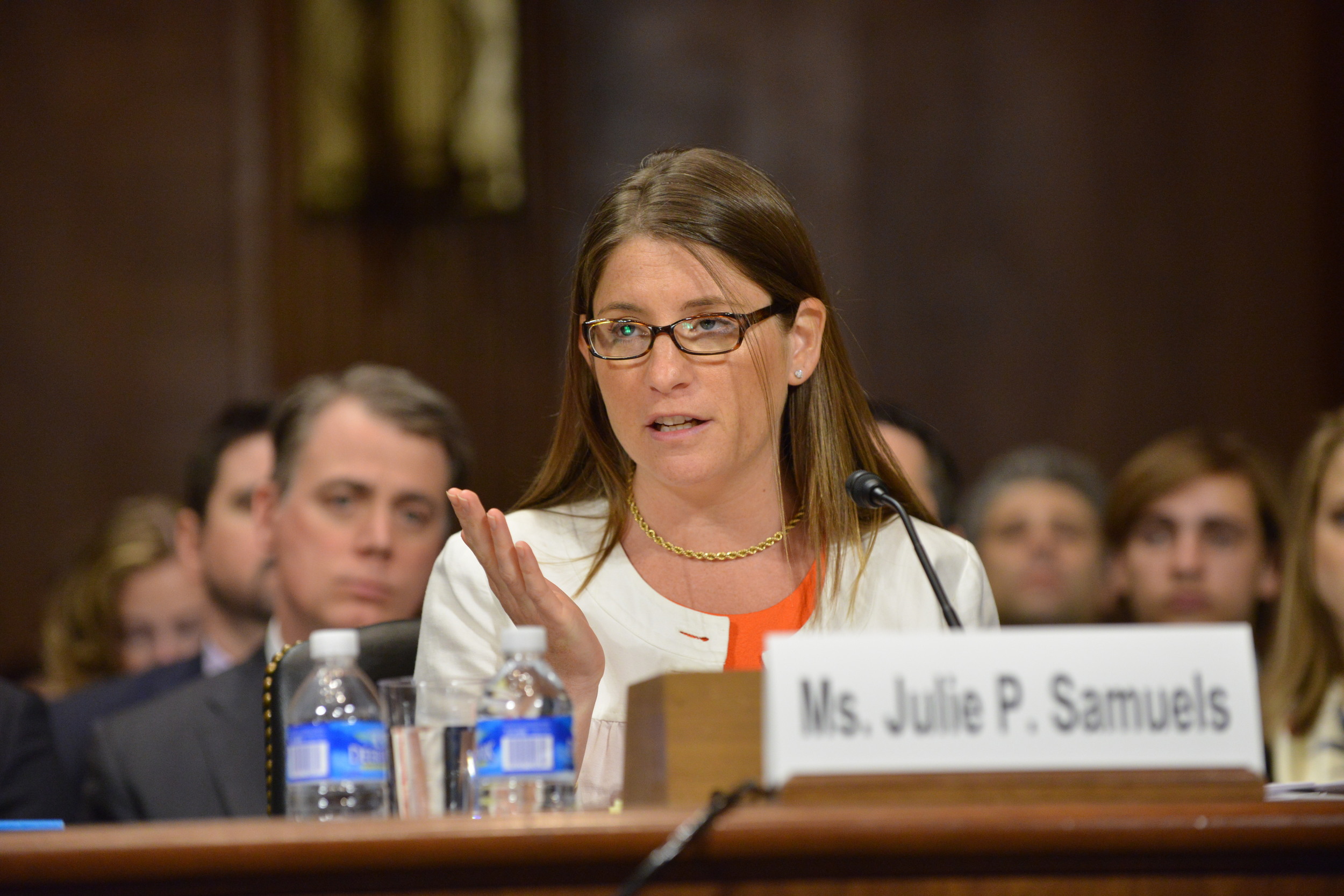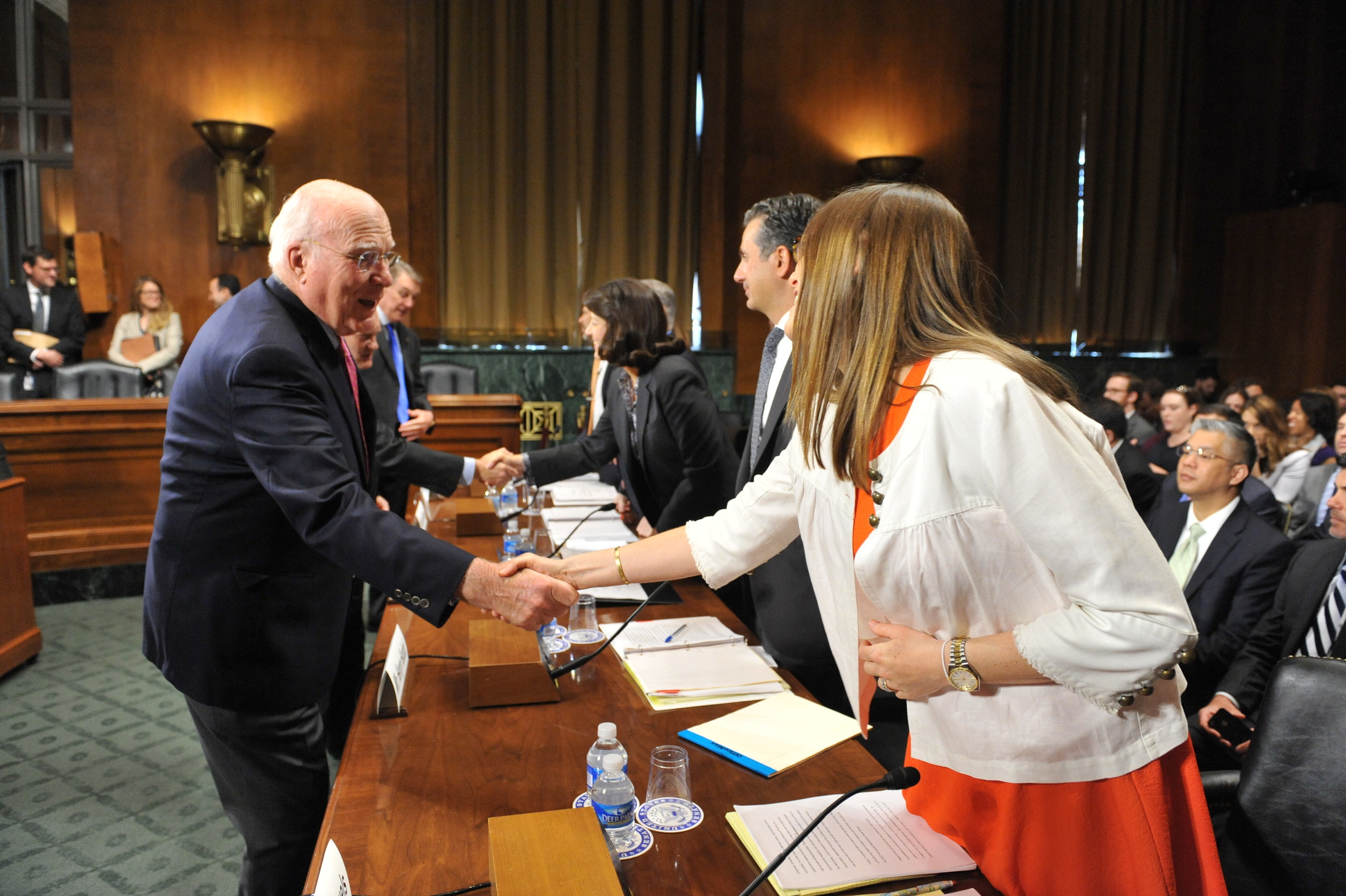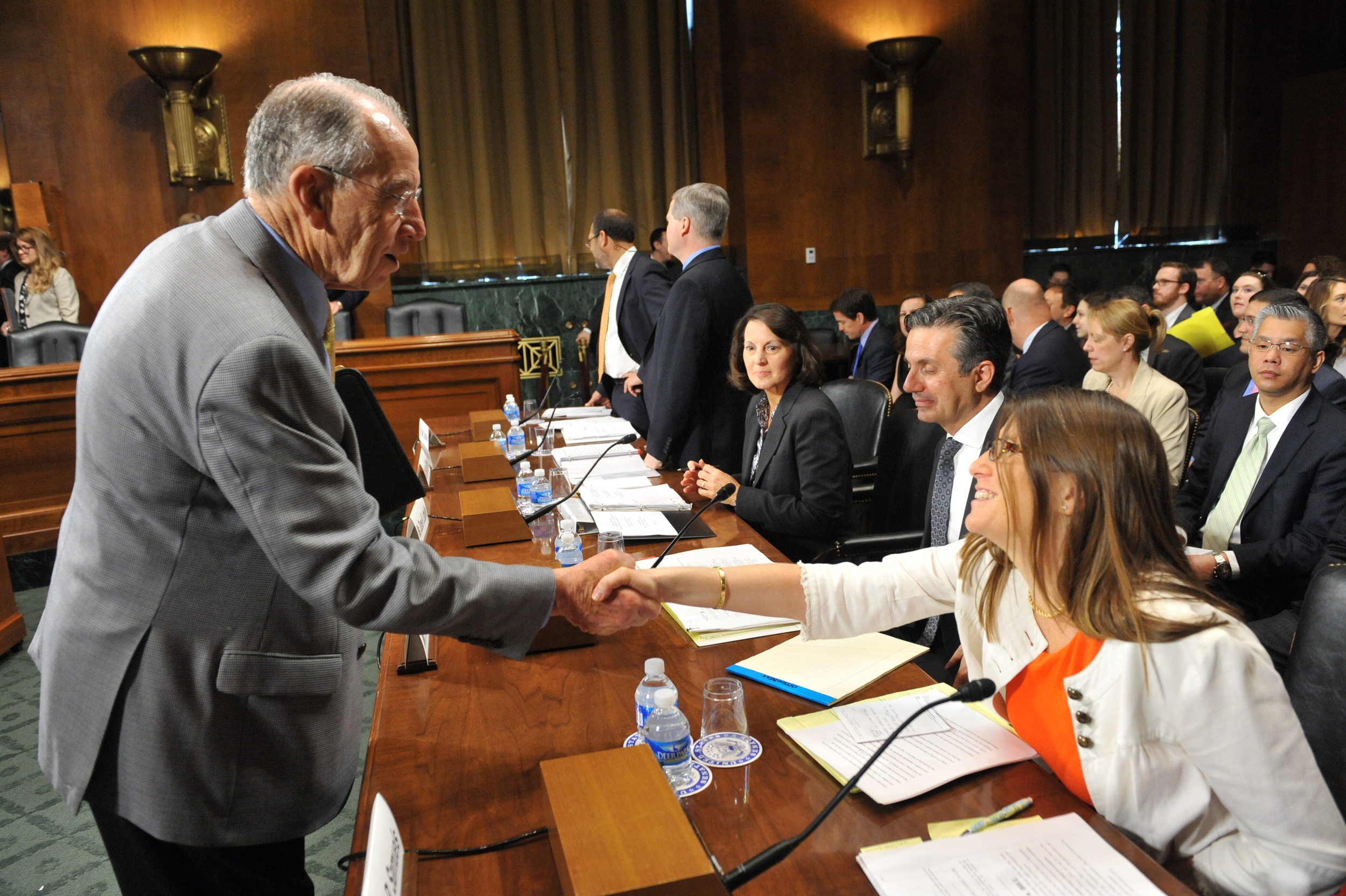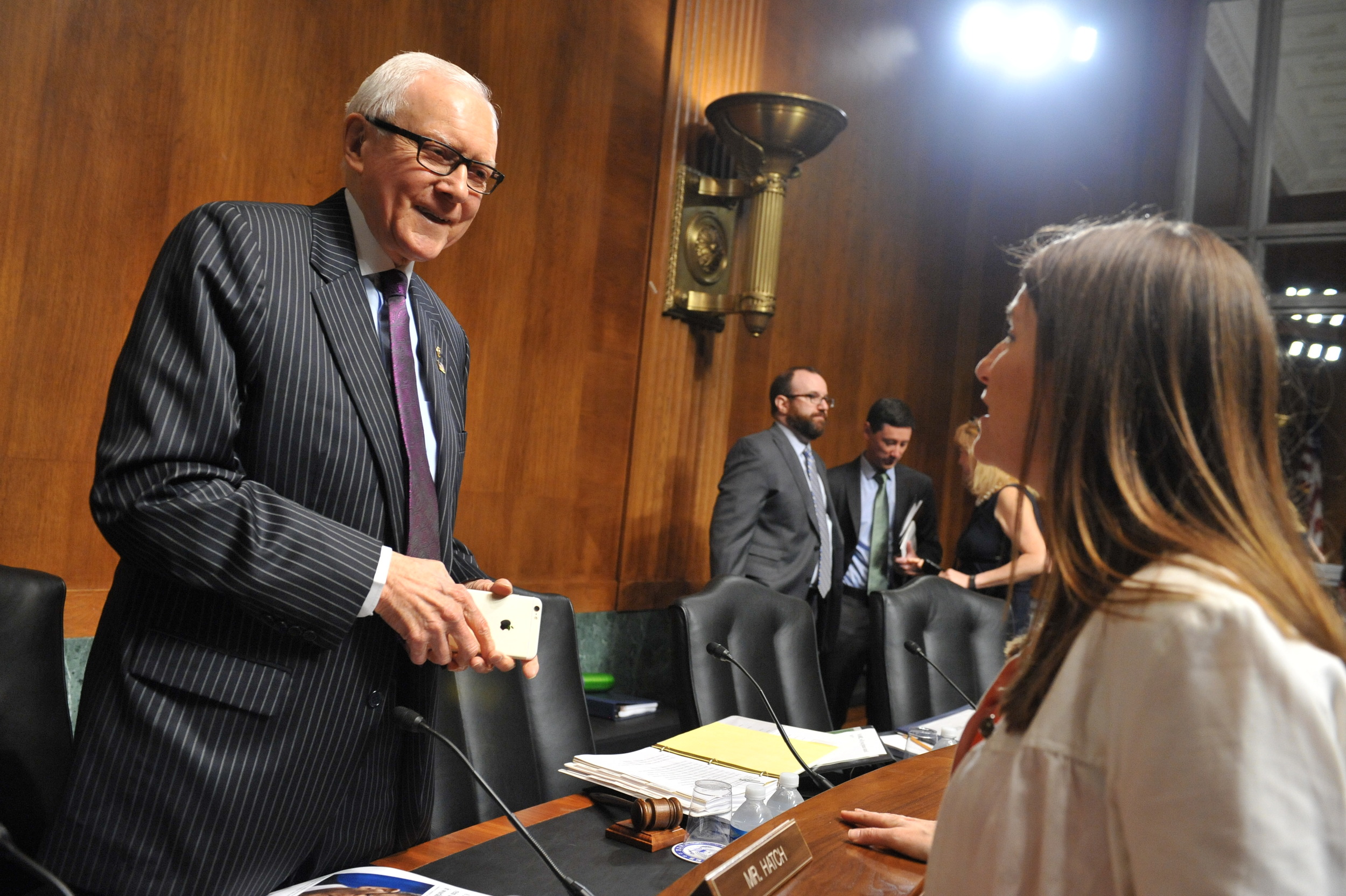As you probably know, patent reform legislation is moving again. Bills in both the House and Senate have been passed out of committee with bipartisan support and are moving to their respective chamber floors. We are cautiously optimistic we could see a patent reform bill signed into law in 2015. However, some issues remain unsettled and they must be addressed in order for patent reform legislation to be effective in fighting the patent troll problem. We’ll be breaking down these issue areas for you in separate blog posts - they concern Inter-Partes Review (or “preserving the ability to more affordably challenge the validity of a patent outside the court”), venue (or “dealing with the Eastern District of Texas”), pleadings (or “including basic information in the plaintiff's initial complaint”), and discovery (or “limit unnecessary fishing expeditions for evidence before the validity and scope of the case has been determined”).
If a patent troll wants to sue, it first needs to file a written complaint (part of a party’s “pleadings”) in federal court, which costs approximately $350 in filing fees. In theory, that complaint should contain enough information about the suit so a defendant can understand the charge it faces and make informed decisions about the best way to proceed.
But in practice, a plaintiff can file a patent suit without providing some of the most basic information: how a patent is infringed, what products allegedly infringe, and even who owns that patent. A recent study by LexMachina found that:
- Less than half of patent infringement complaints identify which part of the patent was actually allegedly infringed; and
- More than 40 percent of patent infringement cases don’t identify the infringing function or feature.
Without this information, a defendant is left to guess whether it’s worth hiring a lawyer to challenge the accusation, or easier to just pay the plaintiff to go away.
This information is not difficult to come by. In fact, one would consider finding such information basic due diligence before filing a lawsuit in federal court to begin with. Unfortunately, current patent law allows bad actors to file these complaints without conducting that due diligence—which has led directly to today’s patent troll problem.
Trolls conduct their business behind a veil of secrecy; they take advantage of these very low standards for pleadings to intimidate those who don’t have the resources, let alone an understanding of patent law, to stop them from moving the case forward. It would likely cost a defendant at least tens of thousands of dollars to hire a lawyer and determine basic details of the suit it faces. Trolls use this to their advantage, frequently offering a settlement that hovers a few thousand dollars below average legal costs.
This is why we have long argued that any meaningful patent reform must fix this loophole by addressing abusive pleading practices and providing greater transparency for defendants. The Senate’s PATENT Act requires patent holders to provide basic information at the outset of litigation, while allowing a plaintiff who is unable to find any of this required information, after “reasonable inquiry,” to still file the suit. The Senate bill also requires patent holders to tell the Patent Office when they sell or assign a patent to another party (the Patent Office must then make that information publicly accessible).
Unfortunately, the version of the House’s Innovation Act that passed out of committee would not meaningfully address this problem. However, the bill’s drafter, Representative Goodlatte, promised to work further on the pleading language - and we have been made aware that this language has been fixed. We’ll look forward to supporting the Innovation Act as it comes to the House floor with stronger pleading standards.
Any legitimate complainant should have no fear of greater transparency. Our system should be based on public notice at all stages of the life of a patent, which is especially critical at the outset of litigation when parties are trying to understand their options. Heightened pleading standards provides an obvious and easy fix that would disincentivize the troll business model by limiting their ability to use vague lawsuits as an intimidation tactic.










